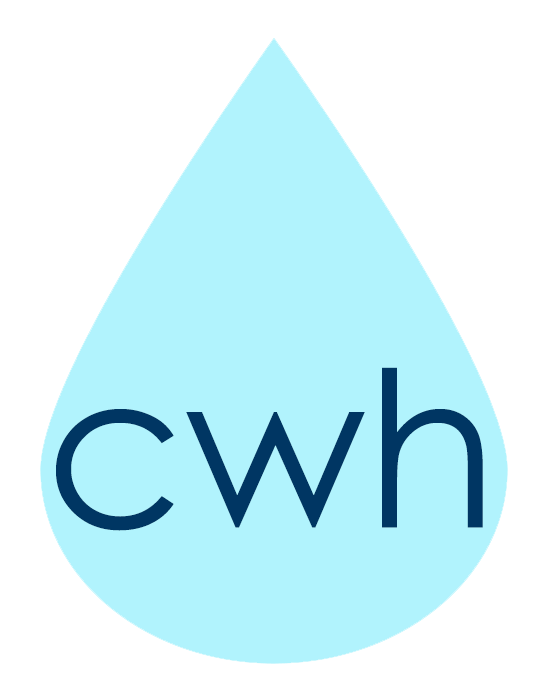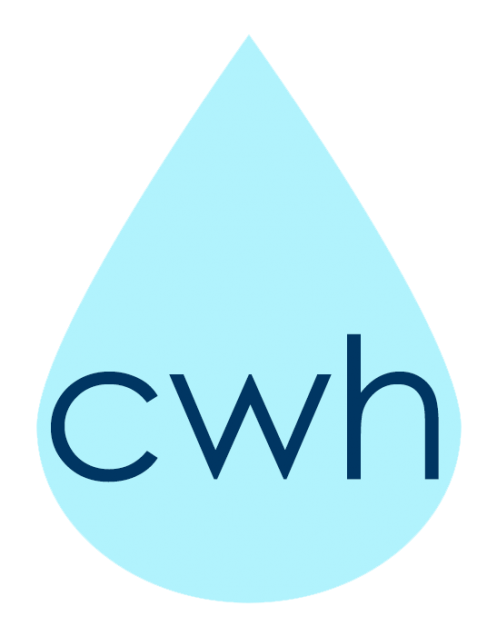How Did We Do It?
How is it that Clean Water for Haiti has managed to keep operating when so many other organizations have had to either drastically scale back, or close their doors all together? Well, it’s a lot of things combined.
As Clean Water for Haiti grew, we chose to stay really focused in our work. We’ve always operated from the perspective of doing one thing, and doing it really well. Constantly taking stock and evaluating, and tweaking things as we went to always be improving. We focused on building a strong foundation, both for our programs and operations in Haiti, and for the organization as a whole. At the Board level we made sure we had good governance in place and that everyone clearly knew what their roles and responsibilities were. Our Board has always looked to our in-country staff and recognized they were in the best position to determine what needed to be done day to day, and asked, “What do you need?” Then they went to work to make sure those resources were there. Today our goal is to make sure that Alexandre and our team have everything they need to continue to succeed.
As we developed our programs we always did so in the context of Haiti and considered everything from culture to politics to logistics. Being on the ground day in and day out allowed the Rollings to create a program that really worked for Haiti, rather than trying to take a program model and force it into a context that came with a unique set of challenges. Because of that, our program has become one of the most effective in Haiti over the years, and has been able to transition through new leadership while keeping the important things the important things.
Lastly, we have great facilities. When we were developing our property in Camp Marie we made decisions that just made more sense economically over the long term, having no idea how well they would serve us through these hard years. One of our major investments was a solar system that provided enough power to run our entire compound. We also dug a well on site with large pumps to provide all the water we needed for filter production and preparing materials for installations. Being completely off grid not only saved us money over the years, but when fuel shortages started to happen back in 2019 CWH was able to keep operating. We weren’t dependent on fuel for running a generator for electricity or pumping water.






